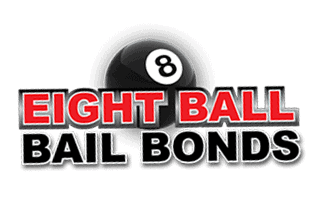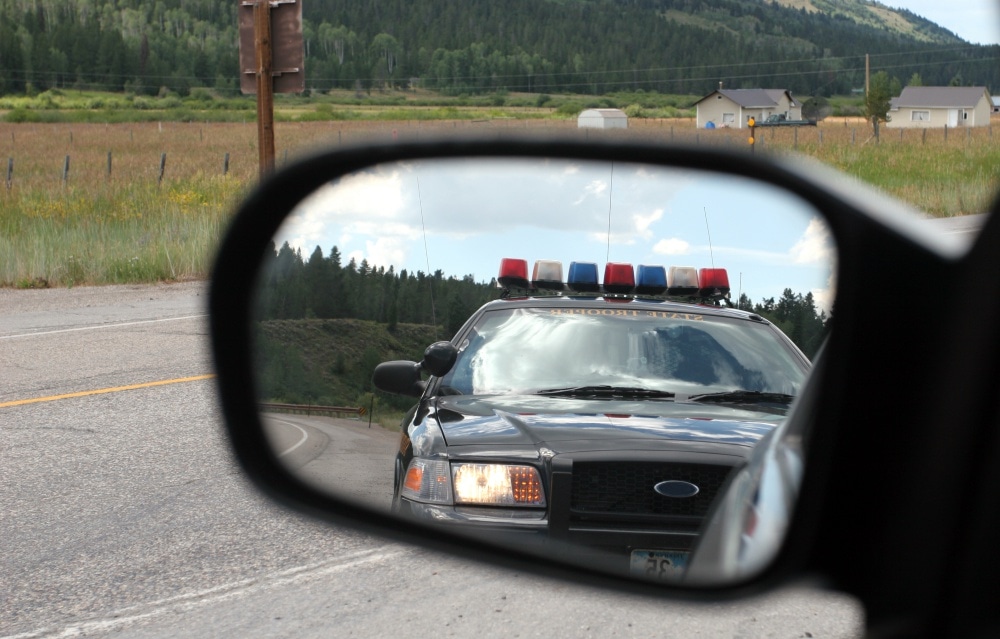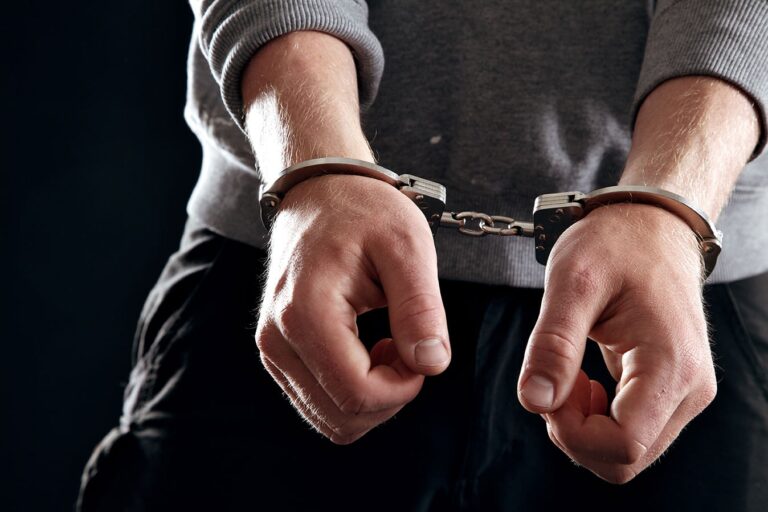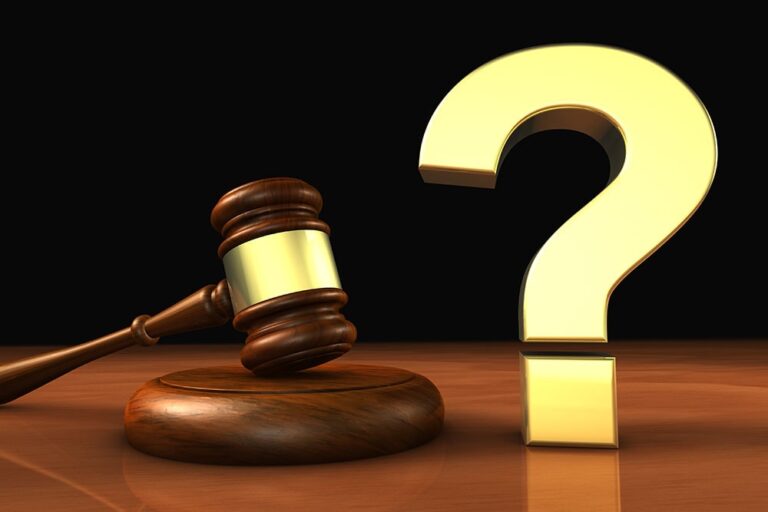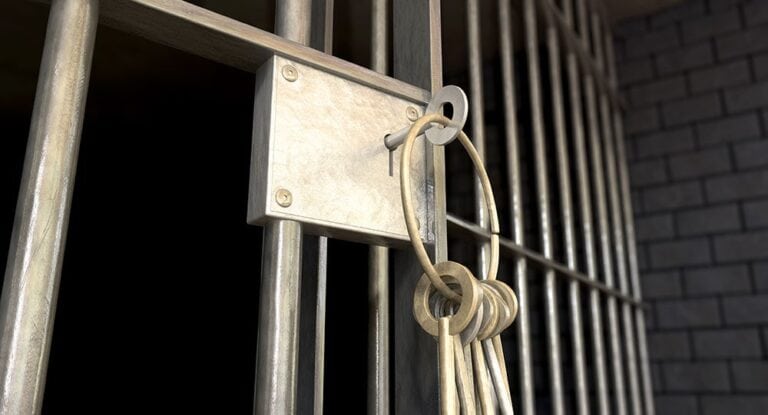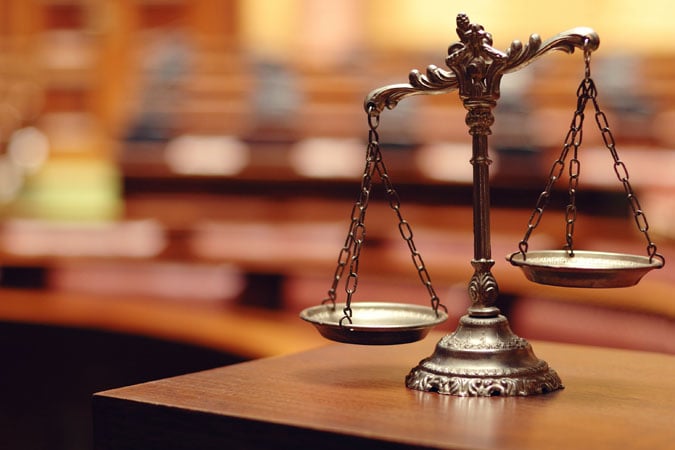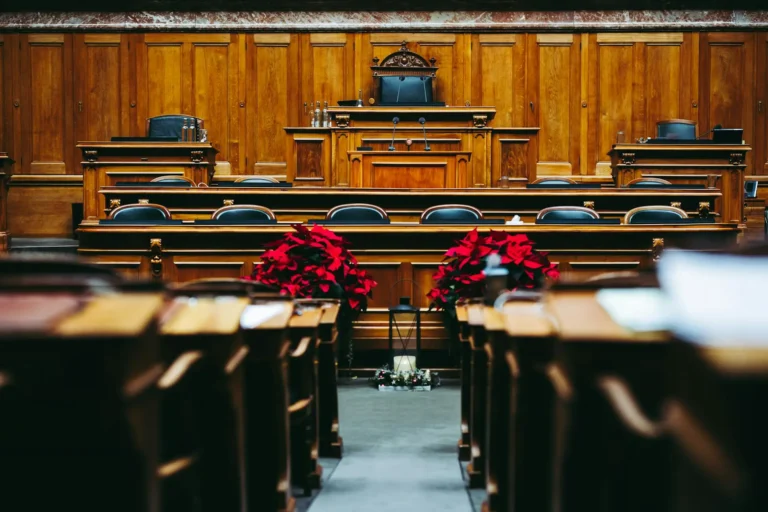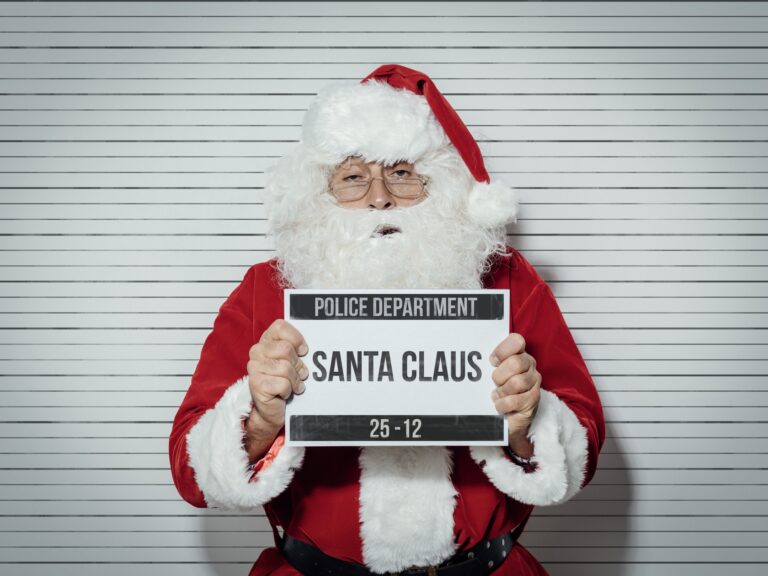Speeding Ticket: What To Do When Pulled Over
You’re casually driving, singing along to your favorite jams, when you notice a police car signaling you to pull over. You’re getting a speeding ticket.
You didn’t notice that you were driving over the speed limit. What should you do in this situation?
California’s speeding laws
According to California’s “Basic Speed Law,” a driver should not drive faster than what is deemed to be safe for the current road condition.
For many, the speed law can be downright vague and confusing. There have even been a few instances wherein drivers driving well below the speed limit were handed a speeding ticket.
The operative phrase here is “safe for the current road condition.” This simply means that whatever the speed limit is, you have to base your car’s speed on the prevailing road conditions which include the number and speed of other cars, the quality of the road surface (smooth, rough, wet, etc.), the presence of other road users, and the weather.
Generally, the speed limit on most Californian highways is 65 mph. For most roads, the speed limit is 55 mph. Speed limit signs may sometimes be posted on some roads depending on traffic and the quality of the road. In areas where there are children around, the speed limit is 25 mph, unless otherwise stated.
During times of heavy traffic or bad weather, it makes sense to drive slowly. But if you drive too slowly, you may get a citation.
Penalties for a speeding ticket
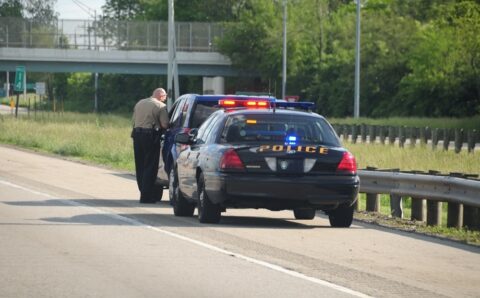 Apart from the fact that you will be paying a penalty for your violation, getting a speeding ticket can also increase your car insurance rate.
Apart from the fact that you will be paying a penalty for your violation, getting a speeding ticket can also increase your car insurance rate.
How much should you pay for your violation?
That can be quite tricky. On top of a base fine, that costs just $35 for over speed limits between one to 15 mph, $70 for over speeding between 16 and 25 mph, $100 for over speeding 26 mph and more, and $200 for over speeding 100 mph or more.
The fine for over speeding in a construction zone is double the amount of the base fine. You will also need to pay a surcharge of 20 percent plus assessment fees.
Quite simply, it is cheaper to drive within the prescribed speeding laws rather than commit a violation and pay hefty fines.
Apart from paying fines, your license may also be suspended. California also uses a point system where you can be assumed to be a negligent driver if you accumulate four or more points in a year, six or more points in two years, or eight or more points in 36 months.
This can result in the suspension of your driving privileges.
What to do when asked to pull over
The police car signals to you to pull over. Here’s what to do when pulled over.
First, move to a complete stop as quickly and as safely as possible. In no way does pulling over mean that you are admitting guilt to anything. Plus, if you pull over as quickly as you can, you can know the reason why you have been asked to stop and what traffic laws you may have broken. You can use this information in your defense.
Again, it is important to underscore that you need to pull over as quickly as you possibly can without compromising safety. This can help diffuse a sticky situation.
Once you have pulled over, turn off your engine and roll down your window all the way through. Place your hands on the steering wheel and turn on the interior lights if it is dark outside.
If the officer may seem curt or irritated, remain courteous. Take note that this particular point in time can be a tense situation for both you and the police officer and you should not unnecessarily make it even tenser.
Unless you are asked to step out of your car, stay inside. Avoid reaching for your back pocket or to the glove compartment unless the police officer asks you for license and registration. The police officer might mistake this as an intent to get a weapon or conceal something illegal.
Normally, when you are asked to pull over for a traffic violation, the police will not search your vehicle, although there are a few exceptions. For example, if the police officer discovers illegal items in plain sight, a thorough search may be conducted. If you are arrested, your car will be towed and its content will be searched.
Police officers are allowed to ask the driver and passengers to get out of the car. Again, follow the instructions. Should the police officer suspect that you are carrying something illegal or dangerous, you may be subjected to a pat down. Illegal items will be seized.
If the officer suspects that you might be carrying other illegal items, the passenger compartment will be searched. As for your cellphone, the police officer cannot search it without a warrant or your consent.
Most traffic violations do not require the services of a lawyer. However, if you are facing more serious charges like a DUI or possession of drugs, you will need to hire one.
Do you need to post bail for a traffic violation?
You can contest your traffic violation in court without depositing bail. You should follow the instruction on your citation and enter a plea on your scheduled arraignment hearing. You can then ask the court for a separate trial if you plead not guilty.
If you contest the ticket without appearing on your arraignment day, you will need to deposit bail. You may also be required to pay bail before your trial if you do not sign a written promise to appear in court or if the court deems that you are likely to skip the trial unless you deposit bail. You will also need to pay bail for non-correctable violations.
Getting a speeding ticket can be scary and you never know what can happen but Eight Ball Bail Bonds can help you get through any situation!
